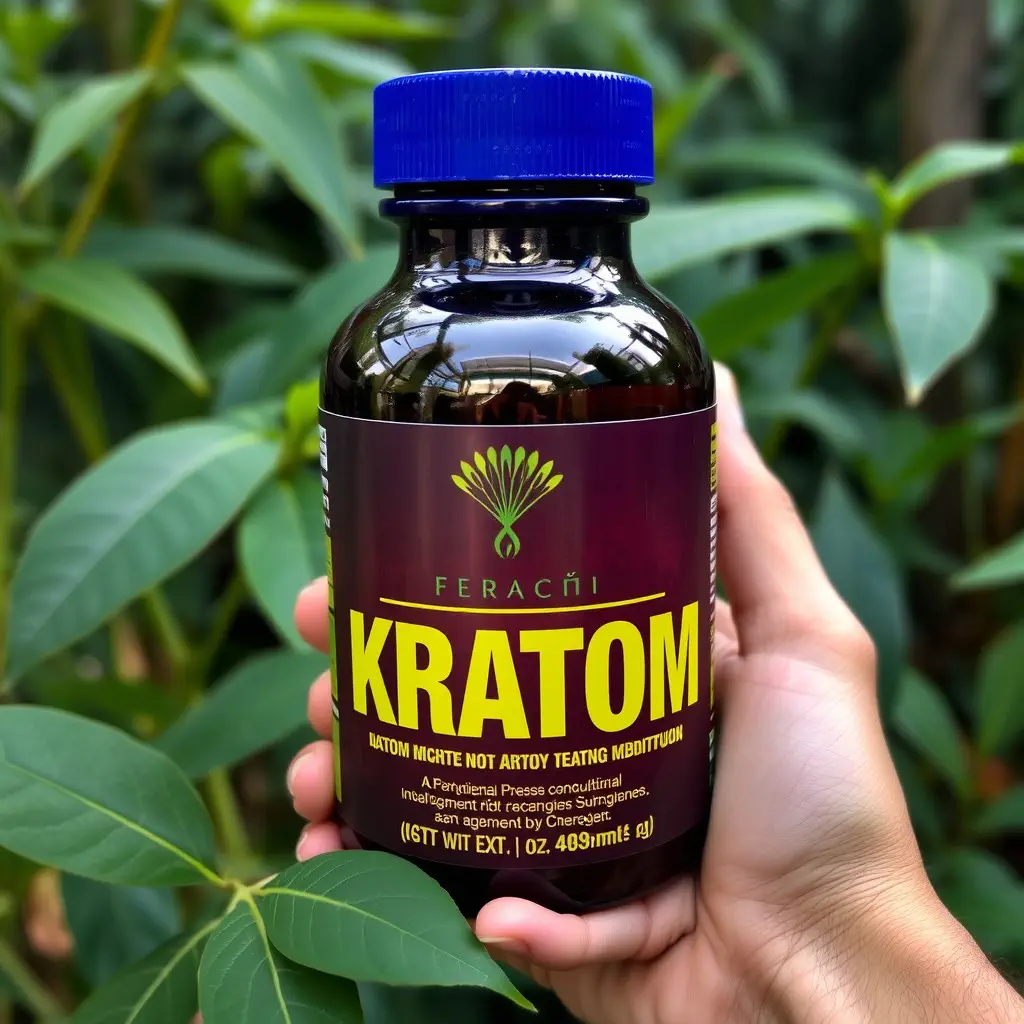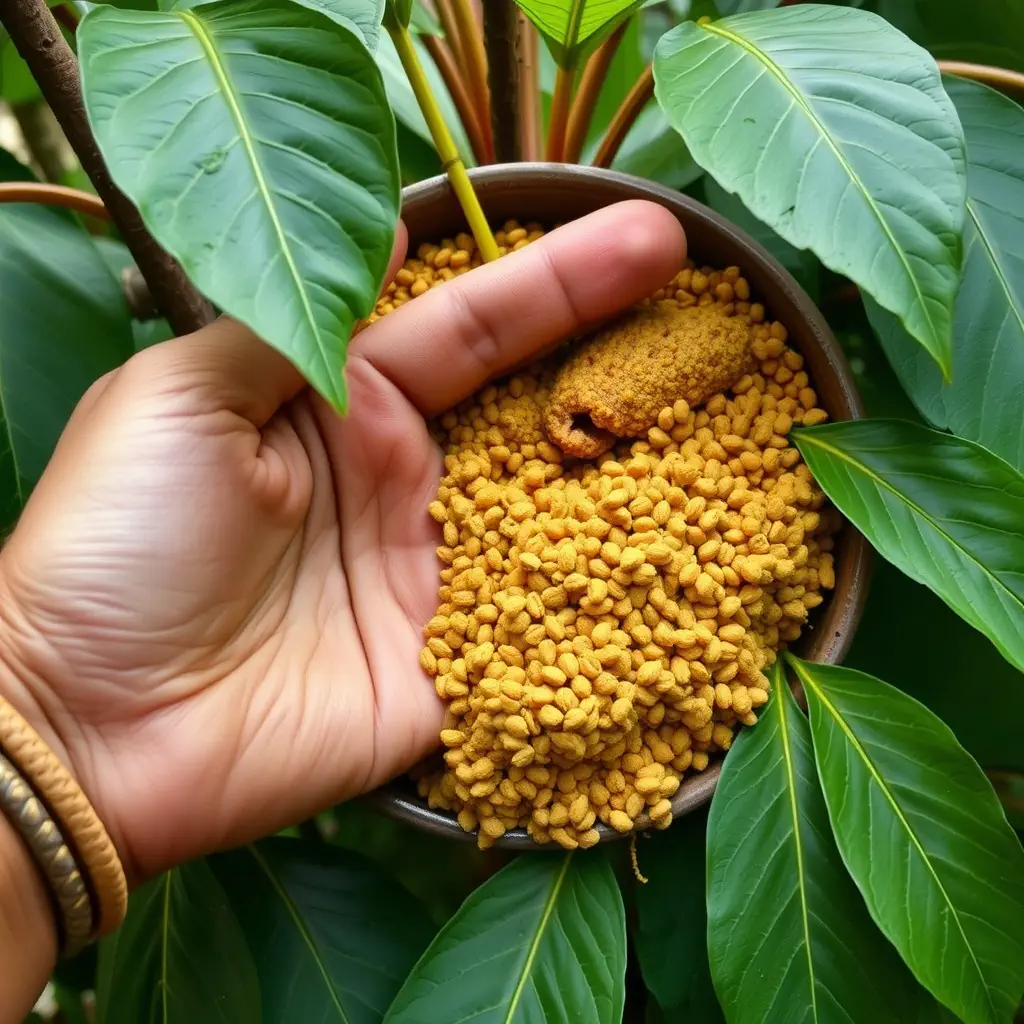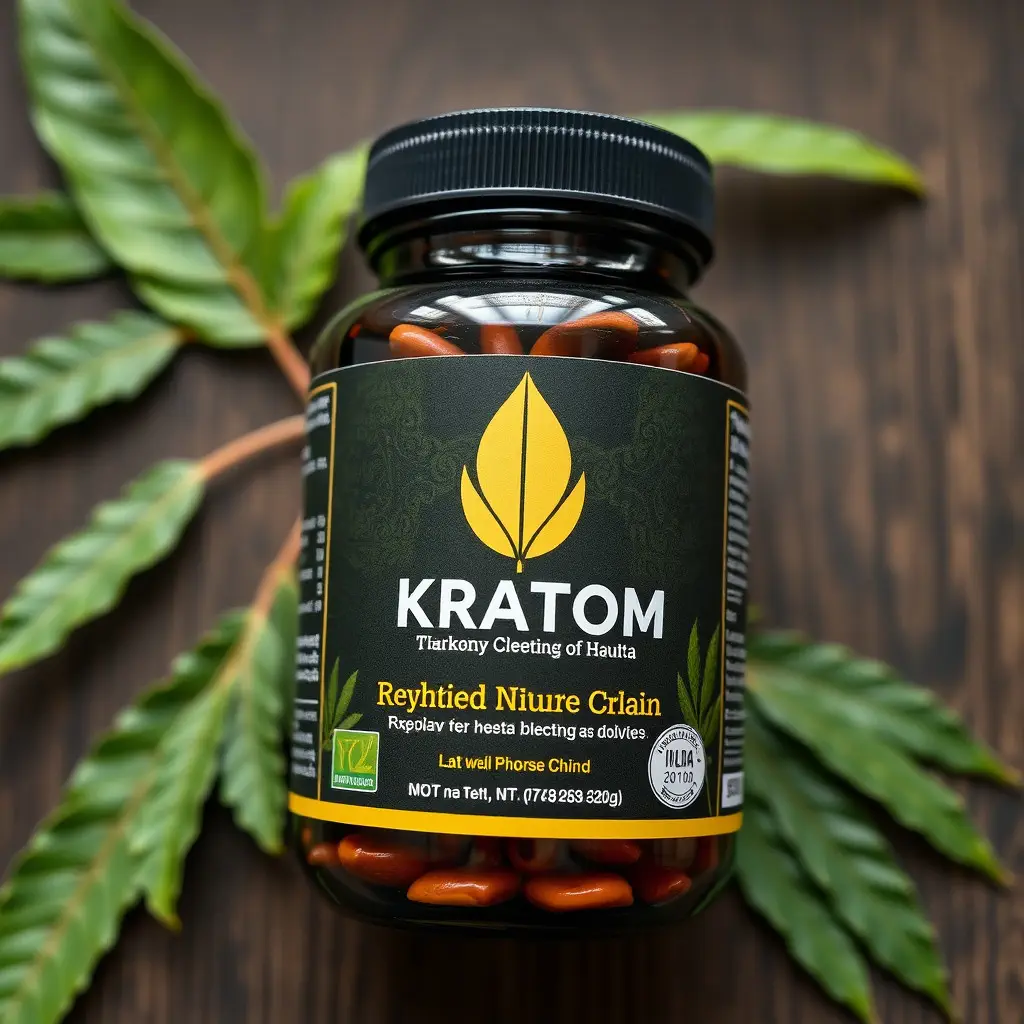Kratom, a Southeast Asian plant traditionally used for its medicinal properties, is being explored as a natural alternative for managing arthritis pain due to its alkaloids that exhibit analgesic and anti-inflammatory effects. Preclinical studies suggest that certain strains of kratom can modulate brain pain receptors, potentially reducing the inflammation associated with rheumatoid arthritis and osteoarthritis. Beyond pain relief, users have reported an improvement in overall well-being and mood, which often deteriorate with chronic conditions like arthritis. The cognitive benefits of kratom are attributed to its alkaloids, mitragynine and 7-hydroxymitragynine, which may enhance mental clarity, focus, and elevate mood. Kratom's dual action—relieving pain and potentially improving cognitive function—makes it a subject of interest for those with arthritis looking for a holistic approach to health. However, it is crucial to consult healthcare professionals before using kratom as its efficacy and safety are still under investigation, and the legal status remains subject to regulatory review. Kratom for arthritis relief should be approached with caution and as part of a comprehensive treatment plan that includes diet, exercise, and stress management to ensure optimal health outcomes.
Exploring the therapeutic properties of Kratom, this article delves into its dual benefits for both arthritis and cognitive enhancement. We’ll uncover how Kratom can serve as a natural aid in managing arthritis symptoms, followed by an examination of its role in fostering mental clarity, focus, and improved mood. By integrating Kratom sensibly within a holistic health regimen, individuals may experience significant relief from arthritic discomfort alongside heightened cognitive function, contributing to an overall improvement in well-being.
- Unveiling Kratom's Potential in Alleviating Arthritis Symptoms
- Kratom's Role in Amplifying Mental Clarity, Focus, and Mood Enhancement
- Integrating Kratom into a Holistic Approach for Arthritis and Cognitive Well-being
Unveiling Kratom's Potential in Alleviating Arthritis Symptoms

Kratom, a tropical evergreen tree native to Southeast Asia, has garnered attention in natural health circles for its potential therapeutic properties, particularly in the context of arthritis relief. The active compounds found within kratom leaves, known as alkaloids, have been studied for their analgesic and anti-inflammatory effects, which may offer significant symptomatic relief to those suffering from arthritis. Preliminary research suggests that certain strains of kratom can help alleviate the pain associated with rheumatoid arthritis and osteoarthritis by modulating pain receptors in the brain. Additionally, its anti-inflammatory properties could potentially reduce the swelling and inflammation characteristic of these conditions. As a natural alternative to conventional treatments, kratom for arthritis relief is gaining traction among individuals seeking to manage their symptoms without the side effects often associated with pharmaceutical interventions. Users report that kratom not only helps in managing pain but also improves overall well-being and mood, which can be significantly impacted by chronic conditions like arthritis. However, it is crucial for potential users to approach the use of kratom with caution, as its efficacy and safety profiles are still under investigation, and regulatory bodies continue to evaluate its legal status. Consultation with healthcare professionals is recommended before incorporating kratom into any treatment regimen.
Kratom's Role in Amplifying Mental Clarity, Focus, and Mood Enhancement

Kratom, a tropical evergreen tree native to Southeast Asia, has been the subject of increasing interest for its potential cognitive benefits. The active compounds found in kratom leaves, known as alkaloids, particularly mitragynine and 7-hydroxymitragynine, are believed to interact with the brain’s receptors, potentially enhancing mental clarity, focus, and mood. Users report that kratom can help them maintain a state of heightened alertness and concentration, which is beneficial for tasks requiring sustained attention. The alkaloids may also influence neurotransmitter systems associated with mood regulation, offering an uplifting effect that contributes to an improved emotional state. While more research is needed to fully understand its mechanisms, the anecdotal evidence and preliminary studies suggest that kratom could play a role in cognitive enhancement, making it a topic of interest for those seeking natural ways to support mental performance. Additionally, beyond its cognitive effects, kratom has been traditionally used for arthritis relief, providing pain management that might complement its cognitive benefits for individuals with chronic pain conditions. This dual-action potential makes kratom an intriguing subject for further scientific exploration and a topic of discussion among those exploring natural remedies.
Integrating Kratom into a Holistic Approach for Arthritis and Cognitive Well-being

Kratom, a plant native to Southeast Asia, has garnered attention in holistic health circles for its potential benefits, particularly in managing arthritis symptoms and promoting cognitive well-being. For individuals suffering from arthritis, kratom may offer relief through its natural anti-inflammatory properties. The alkaloids present in kratom leaves, such as 7-hydroxymitragynine and mitragynine, are believed to modulate pain signals and reduce inflammation, which can be instrumental for those with arthritis. This dual action on both pain and inflammation makes it a compelling option within a holistic approach to arthritis management.
Furthermore, kratom’s interaction with the brain may also contribute positively to mental clarity, focus, and mood, which are often compromised due to chronic pain and the stress of living with arthritis. The mood-elevating effects of certain kratom strains can be particularly beneficial, as they may help alleviate depression and anxiety that often accompany long-term pain conditions. Integrating kratom into a comprehensive health plan that includes proper nutrition, exercise, and stress management techniques can create a synergistic effect, potentially leading to enhanced overall well-being. It is crucial for individuals considering the use of kratom as part of their health regimen to consult with healthcare professionals to ensure safe and effective usage, especially given the complex nature of arthritis and its cognitive impacts.
Kratom’s multifaceted benefits present a compelling case for its integration into holistic health practices, particularly for those experiencing arthritis and cognitive challenges. The potential of kratom to alleviate arthritis symptoms is promising, offering physical relief that complements mental enhancements. Its role in sharpening mental clarity, improving focus, and elevating mood provides a natural approach to cognitive well-being, which is essential for overall quality of life. As research continues to unfold, it’s clear that kratom may offer a valuable addition to the arsenal of treatments available for managing both arthritis and cognitive health issues. With careful consideration and responsible use, kratom for arthritis relief and cognitive support could become a standard part of holistic healthcare strategies.






